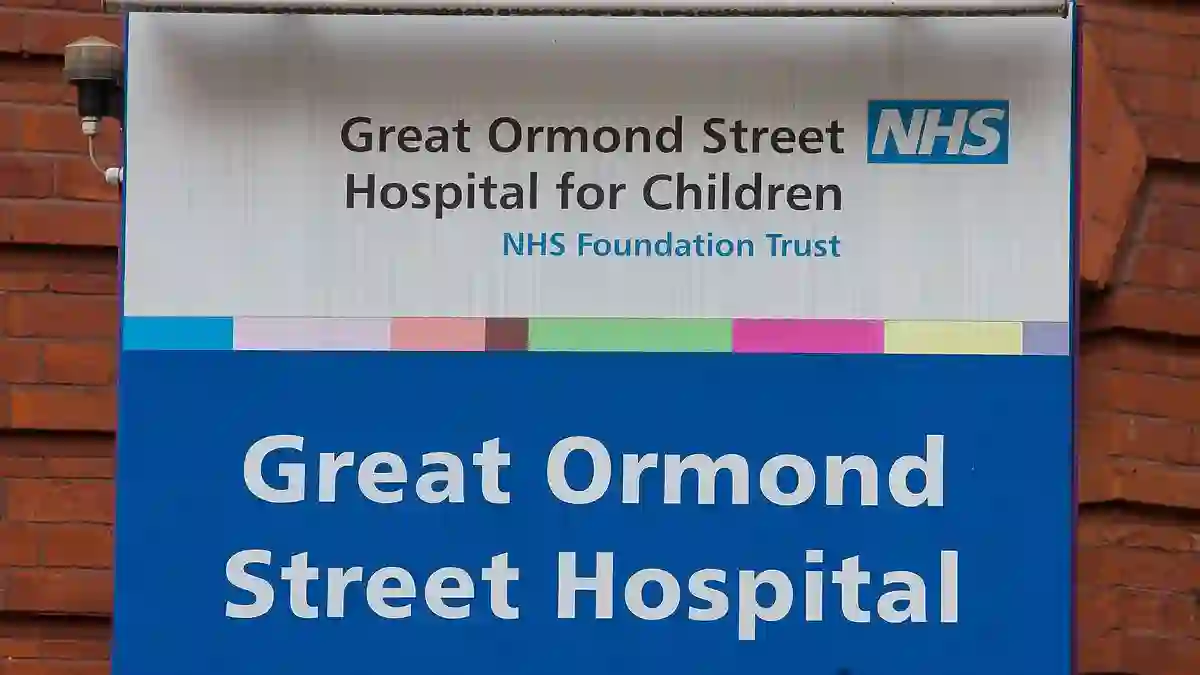Imagine being in the middle of surgery and the lights suddenly go out.
That’s exactly what happened at Great Ormond Street Hospital in central London, where a power cut forced surgical staff to finish an operation using the torches on their mobile phones.
Yes, you read that right. In one of the UK’s top children’s hospitals, surgeons were left scrambling for light in the middle of a complex spinal procedure.
While the lights directly over the patient stayed on, the rest of the operating theatre plunged into darkness—leaving staff to fumble through the surgery using their phones to avoid cables and find vital equipment.
A String of Problems Behind the Scenes
This shocking incident wasn’t a one-off. Great Ormond Street, which cares for around 76,000 children a year, has been battling repeated infrastructure issues—from power outages and water leaks to ventilation failures in operating theatres.
In fact, at one point last year, six out of 15 operating theatres were shut down for maintenance.
These recurring problems have led to delayed and cancelled surgeries, causing major disruption for children in urgent need of care.
Power Cut Mid-Surgery Sparks Major Concerns
The most serious event was that late 2023 power failure, which hit midway through complex spinal surgery.
According to a new report by the Care Quality Commission (CQC), the watchdog that oversees hospital standards, theatre staff had no choice but to continue using phone flashlights just to complete the wound closure.
The hospital later said the surgical lights over the patient remained on, but acknowledged that the rest of the theatre was affected.
They blamed the issue on an electrical design fault, confirmed that an external review is underway, and said steps are being taken to prevent it from happening again.
Controversy Surrounding a Surgeon Prompts Inspection
The March inspection by the CQC wasn’t just triggered by the power cut.
It followed serious concerns about the conduct of orthopaedic surgeon Yaser Jabbar, as reported by The Sunday Times.
Several children reportedly experienced botched operations, unnecessary pain, and in some tragic cases, amputations while under his care.
The review of his patient cases is still ongoing and is expected to conclude later this year.
Hospital Leadership Rated ‘Good’—But Risks Remain
Despite the disturbing findings, the CQC gave the overall leadership and surgery services at the hospital a “good” rating.
However, they were clear that significant risks remain, especially when it comes to staffing levels and maintenance issues.
The report highlighted staff shortages in key clinical roles, such as nurses and theatre staff, which only adds pressure to an already strained system.
Hospital Pays for Extra Power While Buildings Crumble
In its latest financial report, the hospital revealed it’s been forced to pay a private company to supply extra power to its main site.
This stopgap measure reflects a much larger crisis across the NHS.
According to NHS England data, there’s a £14 billion maintenance backlog across UK hospitals.
Some trusts are even spending millions maintaining empty, unsafe buildings, rather than investing in proper upgrades.
National Health Leaders Warn of a Bigger Crisis
Saffron Cordery, the deputy chief executive of NHS Providers, summed up the bigger picture: “For years, investment in NHS buildings and equipment has been a neglected priority. Now we’re paying the price.”
She added that simply patching things up is no longer enough.
“It’s a recipe for poor patient care, low staff morale, and falling productivity.”
A Hospital Trying to Do Its Best in an Outdated System
Great Ormond Street Hospital says it’s working hard to improve conditions, acknowledging that some parts of the building are outdated and in need of urgent upgrades.
“We have a long-term plan in place,” a spokesperson said, “and in the meantime, our staff are doing their best to manage the challenges.”
Still, when surgeons are reaching for their phones in the middle of operations, it’s clear something needs to change—fast.
